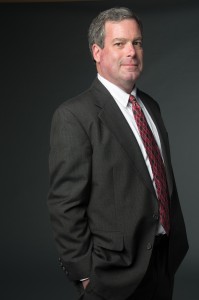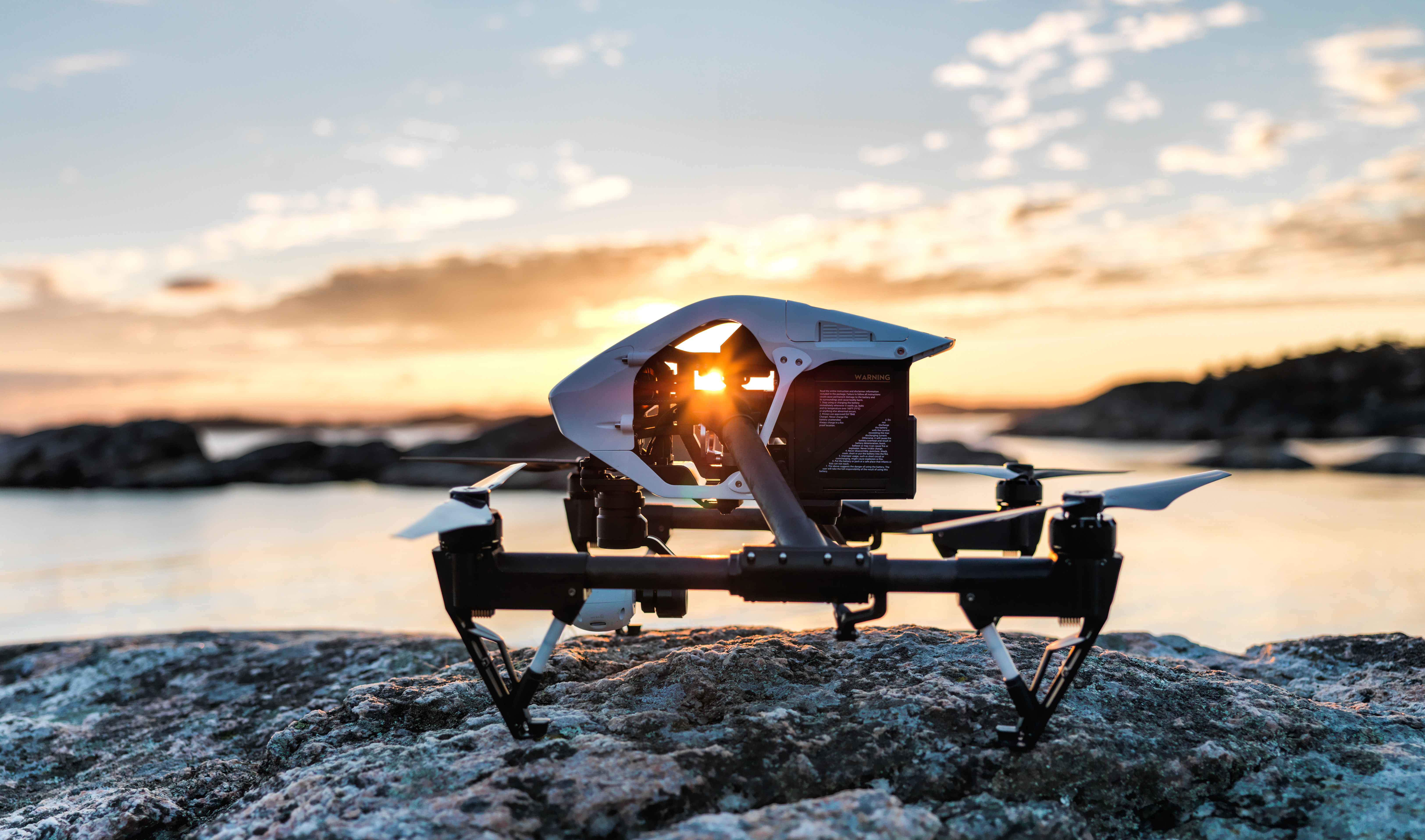Drone Regulations in 2017 – Will Growth of the U.S. Commercial Drone Industry be Collateral Damage of the Trump Surprise?
Part Four in a Series on Federal Preemption – Mark Del Bianco, Special Counsel to Antonelli Law
Prognosticators and pundits in Washington and far outside the Beltway are trying to read the (admittedly very skimpy) tea leaves and figure out what the unanticipated Trump victory means for [fill in the industry, country or policy area of your choice here]. I’ll play the game, but rather than opining on broad, sweeping issues, I’ll focus on the wonky issue of what the election means for the U.S. commercial drone industry.
I’ll start by stating a couple of assumptions that underpin my analysis. First, unlike most industries, stakeholders in the commercial drone industry want more federal regulations. The sooner, the better in most stakeholders’ view. Second, the industry has only limited potential for growth absent federal rules permitting flights at night, flights over uninvolved people, flights beyond the operator’s visual line of sight (BVLOS), and autonomous flights.
The state of play right now is that the FAA, having promulgated the initial Part 107 rule in August, seems to be picking up steam in its regulatory process. See http://www.dronedefinition.com/on-his-way-out-us-transportation-chief-anthony-foxx-sets-drones-free/. Its Pathfinder program is developing data on BVLOS and autonomous flight. The agency has been drafting a rule that would allow flights over uninvolved people, and according to reports has sent the draft to OMB for approval. That OMB review can take 90 days or more, so it could easily stretch into the new Trump Administration.
Trump, like other recent Republican presidents-elect, has called for a moratorium on new federal agency regulations during the first part of his presidency. According to the campaign website, the moratorium would apply to all new regulations “that are not compelled by Congress or public safety in order to give our American companies the certainty they need to reinvest in our community, get cash off of the sidelines, start hiring again, and expanding businesses.” See https://www.donaldjtrump.com/policies/regulations. Neither the website nor any of Trump’s speeches provide much guidance about how long the proposed moratorium might last. Given the uncertainty, it seems very possible that new drone regulations may not be in place until late 2017 or even 2018. Given the explosive pace of technological development in the industry, this delay could leave the U.S. commercial drone industry at a tremendous competitive disadvantage compared to other countries that have put a comprehensive framework in place. It is possible that the U.S. commercial drone industry’s growth could actually be collateral damage of the election.
There may be a small silver lining in the regulatory cloud. Like many in the commercial drone space, I see the patchwork of problematic (and often unconstitutional) state and local laws as a substantial and growing roadblock to the growth of the industry in the U.S. But now there’s news that Palm Beach, Florida, which had enacted an ordinance with scant care for whether it conflicted with federal law, has acknowledged the need to consult with federal authorities as it rewrites its law to protect its most famous resident, Donald Trump. http://m.palmbeachdailynews.com/news/news/local/drone-regulations-on-hold-to-discuss-trumps-safety/ns62W/. Perhaps the other localities where Mr. Trump owns homes (such as Los Angeles) will take a similar approach. Who knows, common sense might break out nationwide.
About Attorney Mark Del Bianco
Attorney Mark Del Bianco is Special Counsel to Antonelli Law’s  Drone/UAS Practice Group. Mark has more than three decades of experience representing clients in federal administrative rulemaking, enforcement proceedings, and court reviews at the DOJ, ITC, FCC, FDA, CPSC, and NHTSA. He has litigation experience ranging from state trial courts to case briefs in the United States Supreme Court, and in recent years has litigated the constitutionality of state laws at the intersection of technology and privacy. He also provides transactional and regulatory assistance to a wide array of clients, including fiber networks, satellite service providers, business owners, application developers and cloud services providers.
Drone/UAS Practice Group. Mark has more than three decades of experience representing clients in federal administrative rulemaking, enforcement proceedings, and court reviews at the DOJ, ITC, FCC, FDA, CPSC, and NHTSA. He has litigation experience ranging from state trial courts to case briefs in the United States Supreme Court, and in recent years has litigated the constitutionality of state laws at the intersection of technology and privacy. He also provides transactional and regulatory assistance to a wide array of clients, including fiber networks, satellite service providers, business owners, application developers and cloud services providers.

